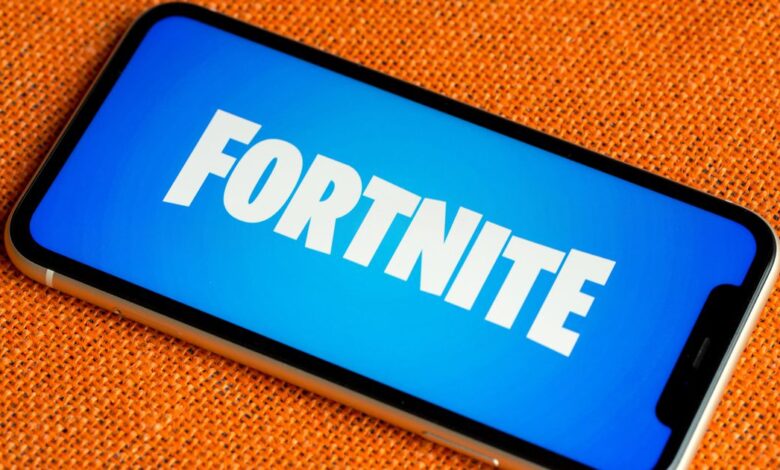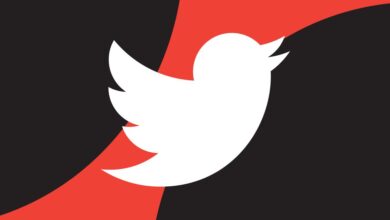Epic’s fighting Apple over the iPhone app store, but gamers mostly use console and PC

[ad_1]
Angela Lang/CNET
Shortly after Apple banned Fortnite from the App Store last year, Epic Games began its #FreeFortnite campaign with a lawsuit and parody video. In it, the gaming giant recast Apple’s famous 1984 Macintosh Super Bowl commercial to depict the iPhone maker as having become the evil leader it once fought against.
“Apple is bigger, more powerful, more entrenched and more pernicious than monopolies of yesteryear,” Epic said in its suit. “Apple’s size and reach far exceeds that of any technology monopolist in history.” What Epic didn’t say was that few players relied on the iPhone version of Fortnite to play the game. As a result, Apple represented just a fraction of its revenue.
In its filing last week, laying out the facts of its lawsuit with Epic, Apple said data showed just 13% of people who played Fortnite on iPhones and iPads did so exclusively. A vast majority played on a console or PC as well, and spent comparatively little time playing on the iPhone.
As a result, Fortnite tallied 7% of its revenue on iPhones and iPad between its March 2018 launch and July 2020, before the lawsuit. Apple said Epic also retained “the vast majority of iOS Fortnite users” from when the game was kicked out of the App Store.
“Following the removal of Fortnite from the App Store, Epic told its users they could and should play Fortnite on other platforms,” Apple said in its filing.

Epic said the best way to play Fortnite is on a PC or console. Players seemed to agree.
Óscar Gutiérrez/CNET
The data gives a little more focus to the stakes Apple and Epic are fighting over in their lawsuit, the trial for which is due to start May 3 in a federal court in California. At its heart, the legal battle boils down to a slap fight between a multibillion-dollar company and a trillion-dollar company about how much money they split when gamers spend money in an app. For Epic though, it represents an opportunity to remake the way smartphones work, particularly on the iPhone, by forcing Apple to loosen its grip controlling which apps can be installed on the devices and how people pay.
In the process, Epic has attempted to paint Apple as a villain, running a monopoly through its control of the iPhone and extracting money from its App Store. Apple, meanwhile, has made Epic out to be conniving, acting in bad faith as it planned a PR stunt to draw more attention to its hit game.
Epic hasn’t responded to a request for comment about Apple’s filings, but in its own filings it’s said that Apple’s control of the App Store raises the prices people pay by taking as much as 30% commissions from app developers and by refusing to allow competing app stores on its devices.
In its filings, Apple said that Epic’s planning for its lawsuit and publicity campaign, called “Project Liberty,” was organized over a year with the help of its lawyers and public relations firms. “It’s going to be fun!” one Epic executive wrote in a message Apple cited.
Epic’s lawsuit against Apple will include livestreamed audio on YouTube starting May 3. CNET will be covering the trial with real-time updates, commentary and analysis.
[ad_2]
Source link






